- Have any questions?
- +86-189 8930 5995
- sales@mosinterchem.com.cn
carbenicillin CAS 4697-36-3

Amprolium hydrochloride CAS 137-88-2
10/12/2018
josamycin CAS 16846-24-5
10/12/2018| Model: | MOS4697-36-3 |
| CAS: | 4697-36-3 |
| Molecular formula: | C17H18N2O6S |
| Molecular weight: | 378.3996 |
| Density: | 1.53g/cm3 |
| Boiling point: | 737.8°C at 760 mmHg |
| Flash point: | 400°C |
| Refractive index: | 1.675 |
| Vapour Pressur: | 7.42E-23mmHg at 25°C |
Carbenicillin (CAS: 4697-36-3)
| Synonyms | Carboxybenzylpenicillin; Carboxybenzylpenicillin acid; HSDB 3020 |
| Molecular Formula | C17H18N2O6S |
| Molecular Weight | 378.3996 |
| EINECS | 225-171-0 |
| Density | 1.53g/cm3 |
| Boiling point | 737.8°C at 760 mmHg |
| Refractive index | 1.675 |
| Flash point | 400°C |
| Vapour Pressur | 7.42E-23mmHg at 25°C |
Molecular Structure
Carbenicillin is a bactericidal antibiotic belonging to the carboxypenicillin subgroup of the penicillins. It was discovered by scientists at Beecham and marketed as Pyopen. It has Gram-negative coverage which includes Pseudomonas aeruginosa but limited Gram-positive coverage. The carboxypenicillins are susceptible to degradation by beta-lactamase enzymes, although they are more resistant than ampicillin to degradation. Carbenicillin is also more stable at lower pH than ampicillin.
Pharmacology
The antibiotic is highly soluble in water and is acid-labile. A typical lab working concentration is 50 µg per ml.
It is a semi-synthetic analogue of the naturally occurring benzyl-penicillin. Carbenicillin at high doses can cause bleeding. Use of carbenicillin can cause hypokalemia by promoting potassium loss at the distal convoluted tubule of the kidney.
In molecular biology, carbenicillin may be preferred as a selecting agent (see Plasmid stabilisation technology) because its breakdown results in byproducts with a lower toxicity than analogous antibiotics like ampicillin. Carbenicillin is more stable than ampicillin and results in fewer satellite colonies on selection plates. However, in most situations this is not a significant problem so ampicillin is sometimes used due to its lower cost.
Spectrum of bacterial susceptibility and resistance
Carbenicillin has been shown to be effective against bacteria responsible for causing urinary tract infections including Pseudomonas aeruginosa, Escherichia coli, and some Proteus species. The following represents carbenicillin susceptibility data for a few medically significant organisms. This is not representative of all species of bacteria susceptible to carbenicillin exposure.
Escherichia coli 1.56 μg/ml – 64 μg/ml
Proteus mirabilis 1.56 μg/ml – 3.13 μg/ml
Pseudomonas aeruginosa 3.13 μg/ml – >1024 μg/ml
Precautions:
1, with penicillin should be done before the test.
2, the product of the disodium salt, per g of medicine containing Na + 4.7mmol (4.7mEq), co 108mg / g, clinical application should be considered sodium inputs.
Storage sealed in a dry place.
Contraindications
Penicillin-type medicine penicillin allergy skin test-positive patients or disabled.
Drug Interactions
1. The goods and amber chloramphenicol, erythromycin ethylsuccinate, hydrochloric oxytetracycline, tetracycline, kanamycin, streptomycin, gentamicin, tobramycin, amphotericin B, vitamin B family, vitamin C, phenytoin, sympathomimetic medicine, promethazine incompatibility. 2, the product in vitro with aminoglycosides (amikacin, gentamicin or tobramycin) against Pseudomonas aeruginosa, Enterobacteriaceae part has a synergistic antibacterial effect.
3, the goods and aminoglycoside antibiotics same bottle drip, can lead to both antibacterial activity decreased significantly.
4, and other large dose of the drug product with heparin, thrombolytic medicine, salicylic acid preparations, sulfinpyrazone or platelet aggregation inhibiting medicine may increase the risk of bleeding.
5, in combination with sulfa medicine can increase blood concentration of this product increased, and thus should be appropriate to reduce the dosage of the product.
Precautions
Pregnant and lactating women have not been well-controlled trials in pregnant women to eliminate the adverse impact of the product on the fetus, so pregnant women should be used only when strictly necessary goods. Small amount of the product is secreted from the milk, lactating women should be used with caution or suspend breast-feeding.
Pharmacology and Toxicology
This product is a broad-spectrum penicillin antibiotics, by inhibiting bacterial cell wall synthesis play a bactericidal effect. Escherichia coli, Enterobacteriaceae Proteus, Enterobacter, citrate spp, Salmonella and Shigella, as well as Pseudomonas aeruginosa, Haemophilus influenzae, Neisseria other Gram-negative bacteria have antibacterial effect. Hemolytic streptococcus, Streptococcus pneumoniae and non-penicillinase-producing staphylococci with antibacterial activity. Bacteroides fragilis, Clostridium, and many anaerobic bacteria sensitive to the chemicals.
You must be logged in to post a review.
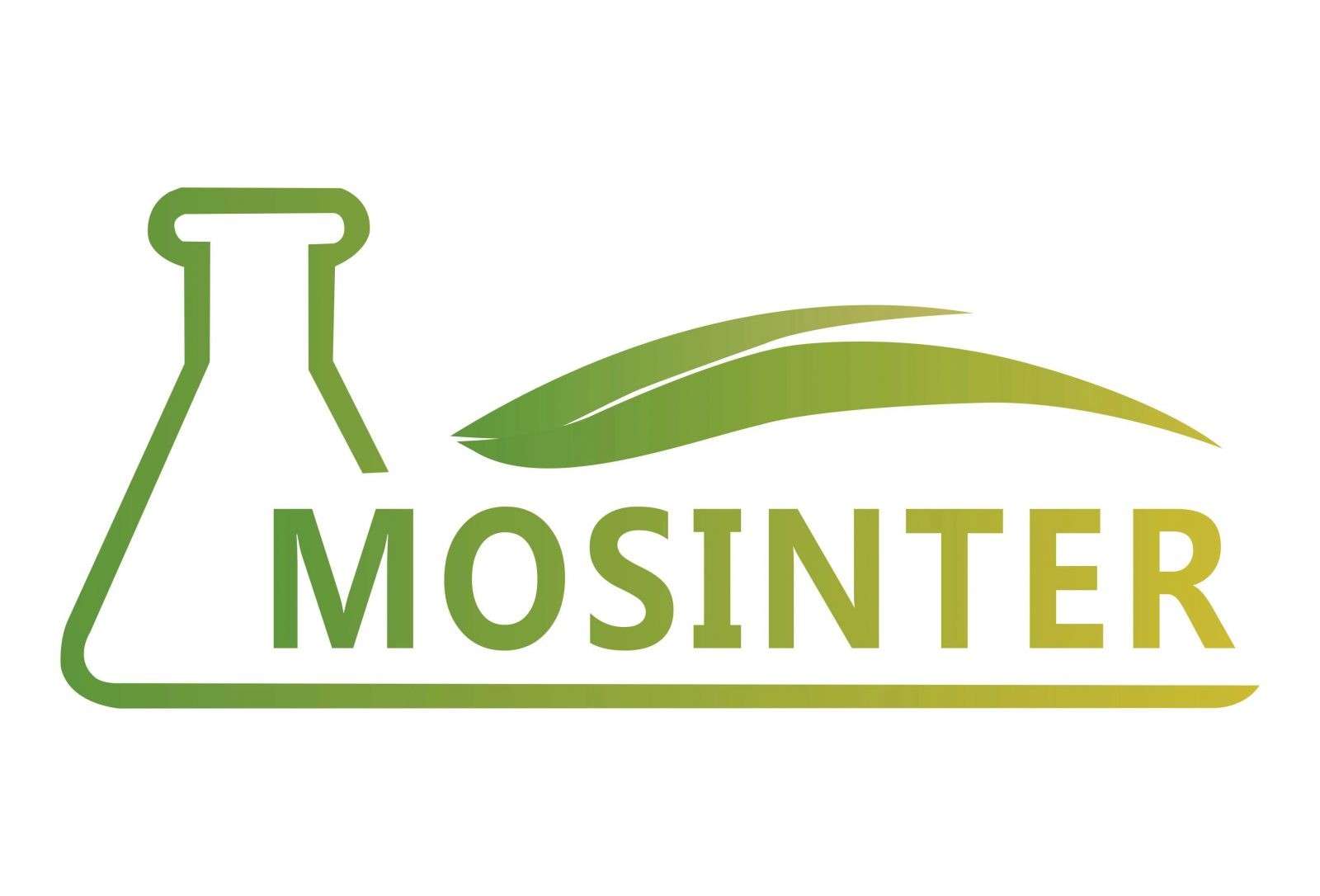
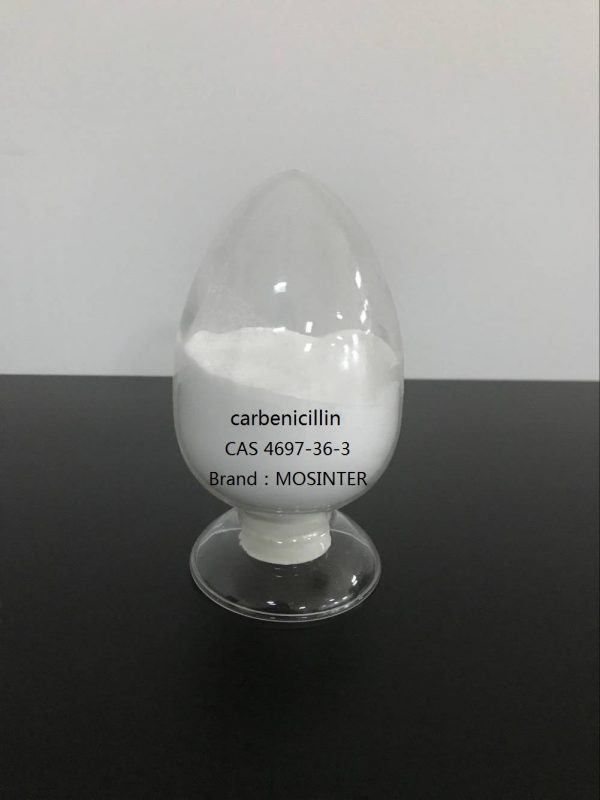
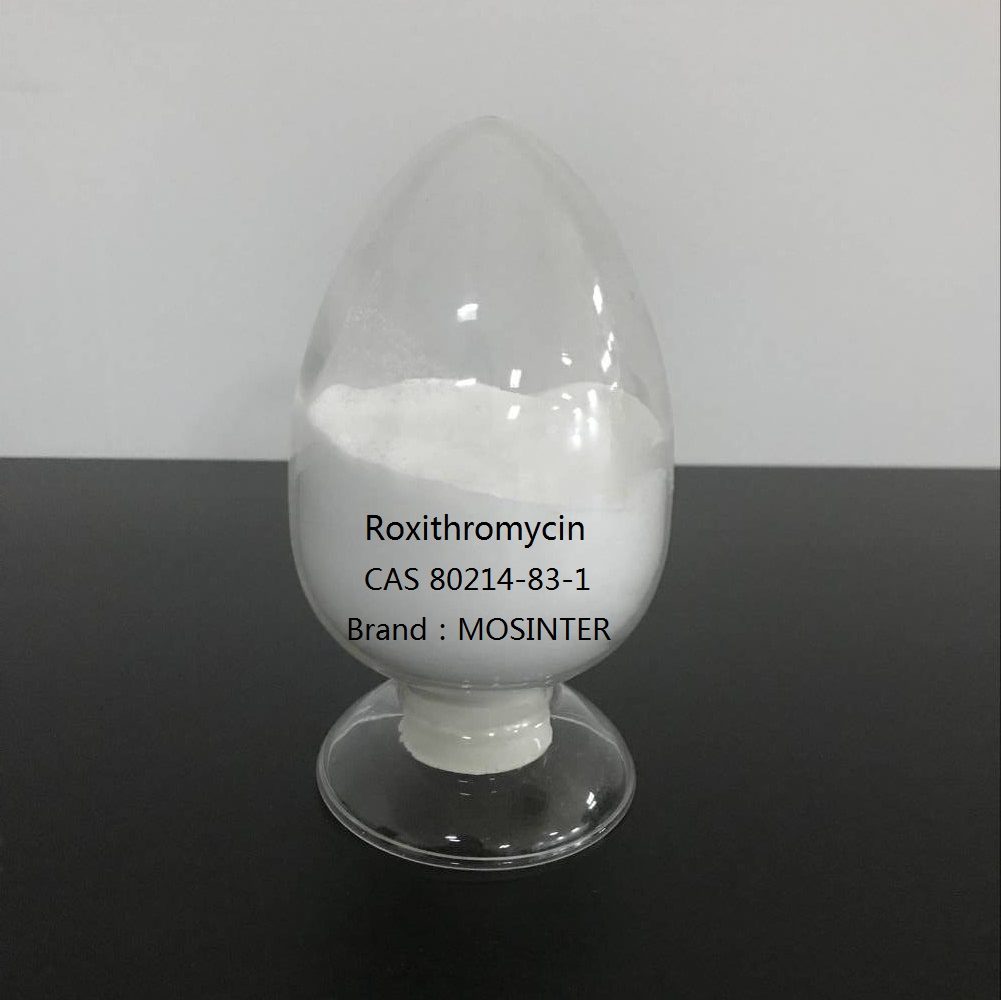
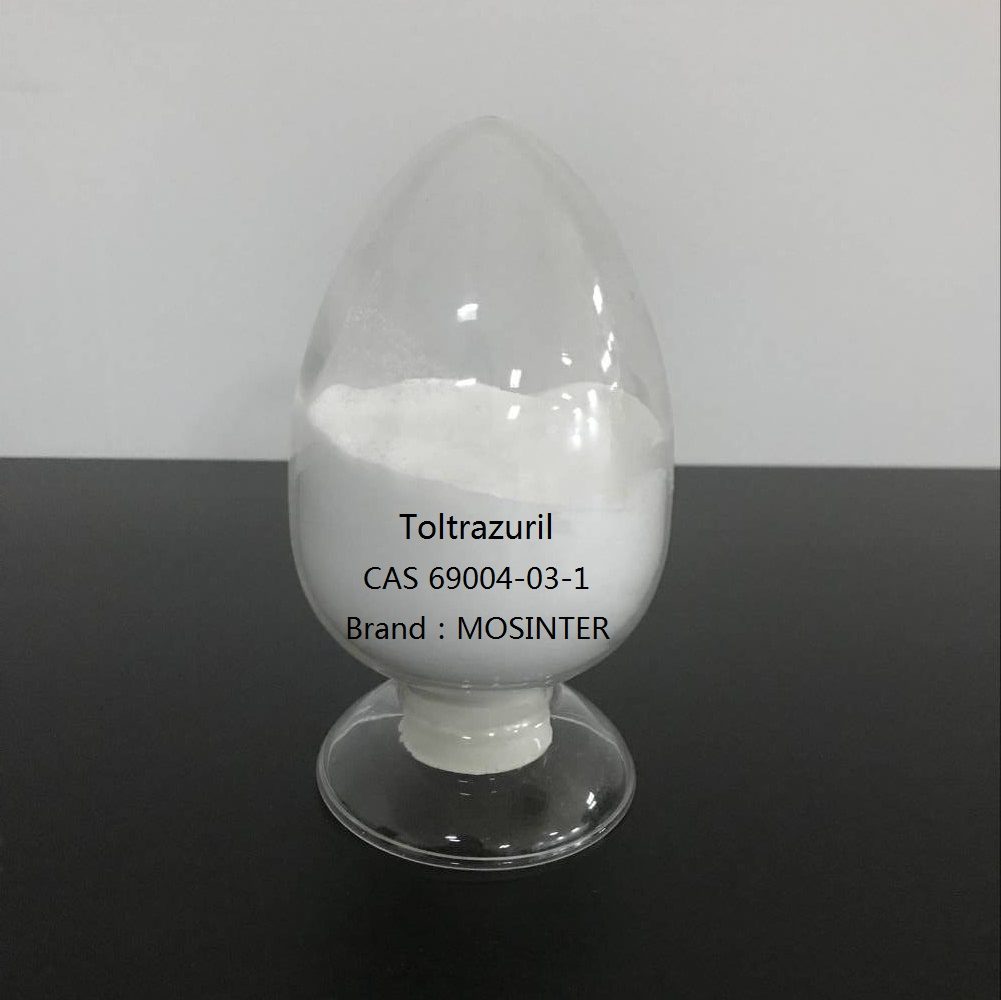
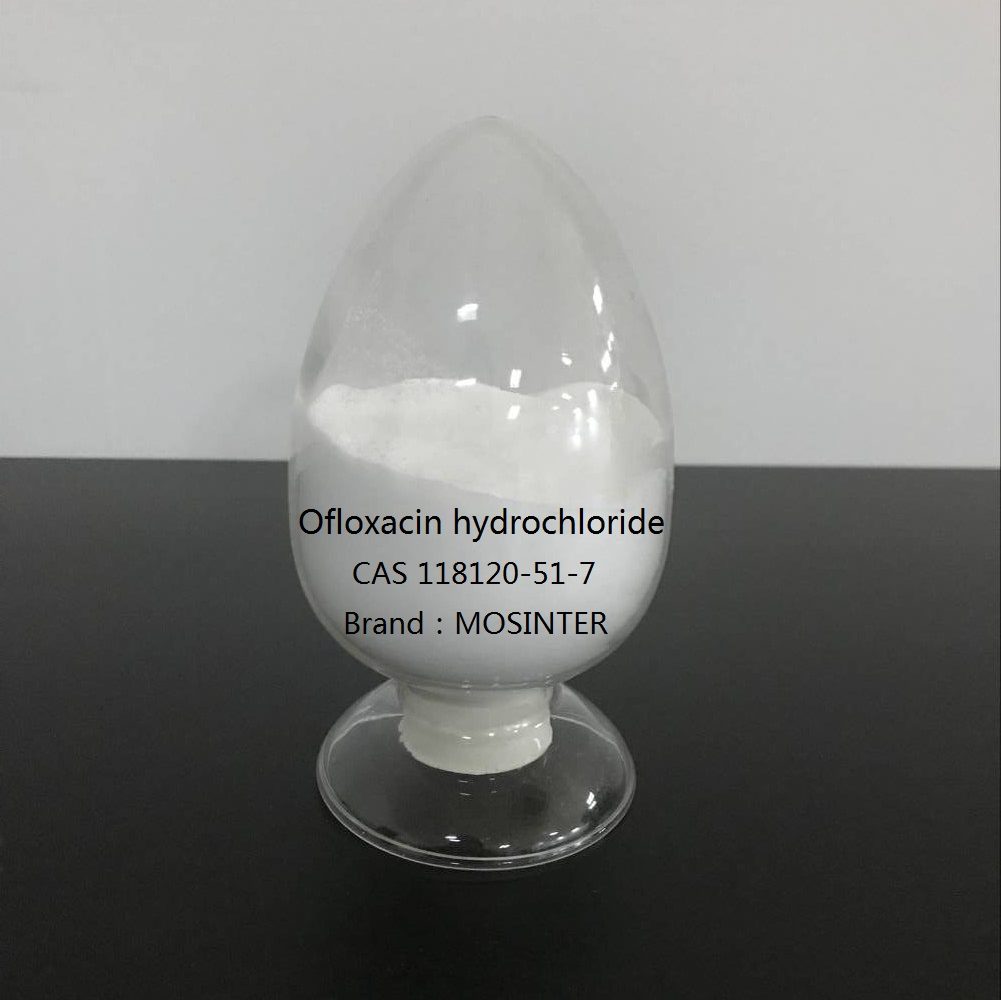
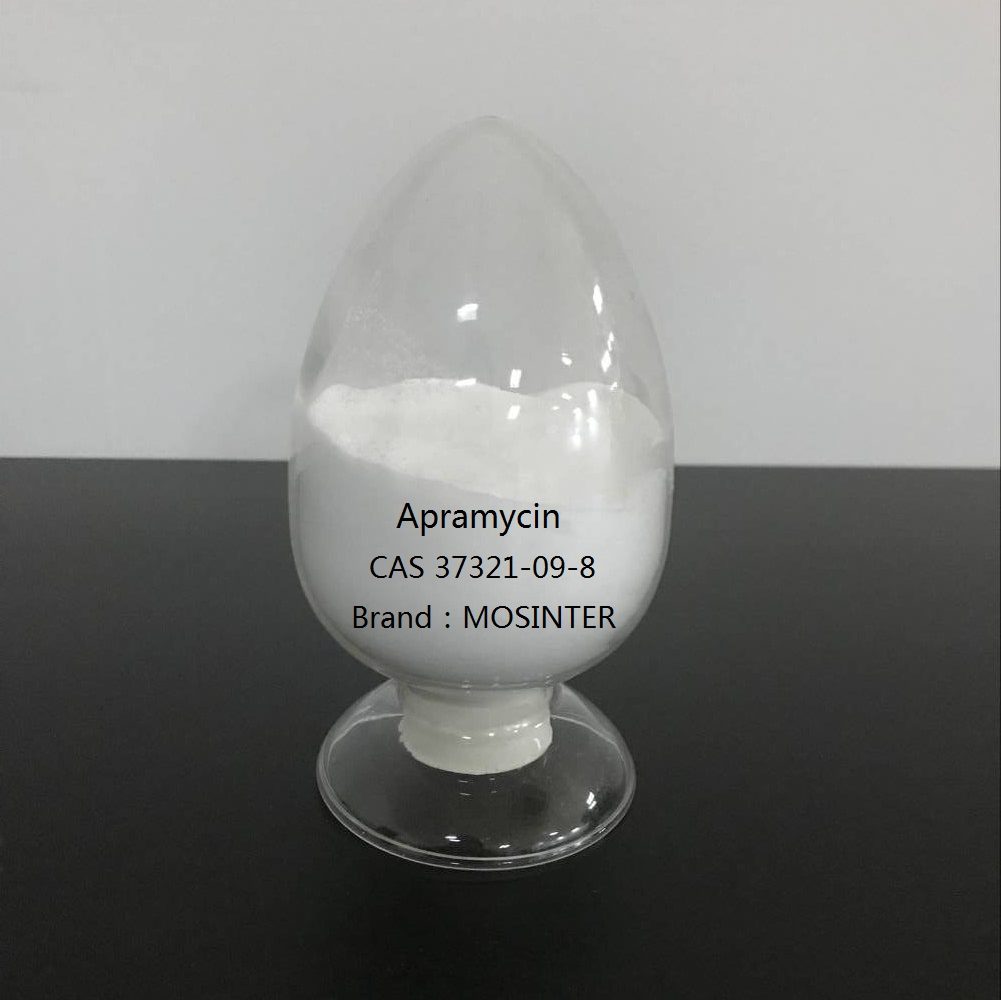
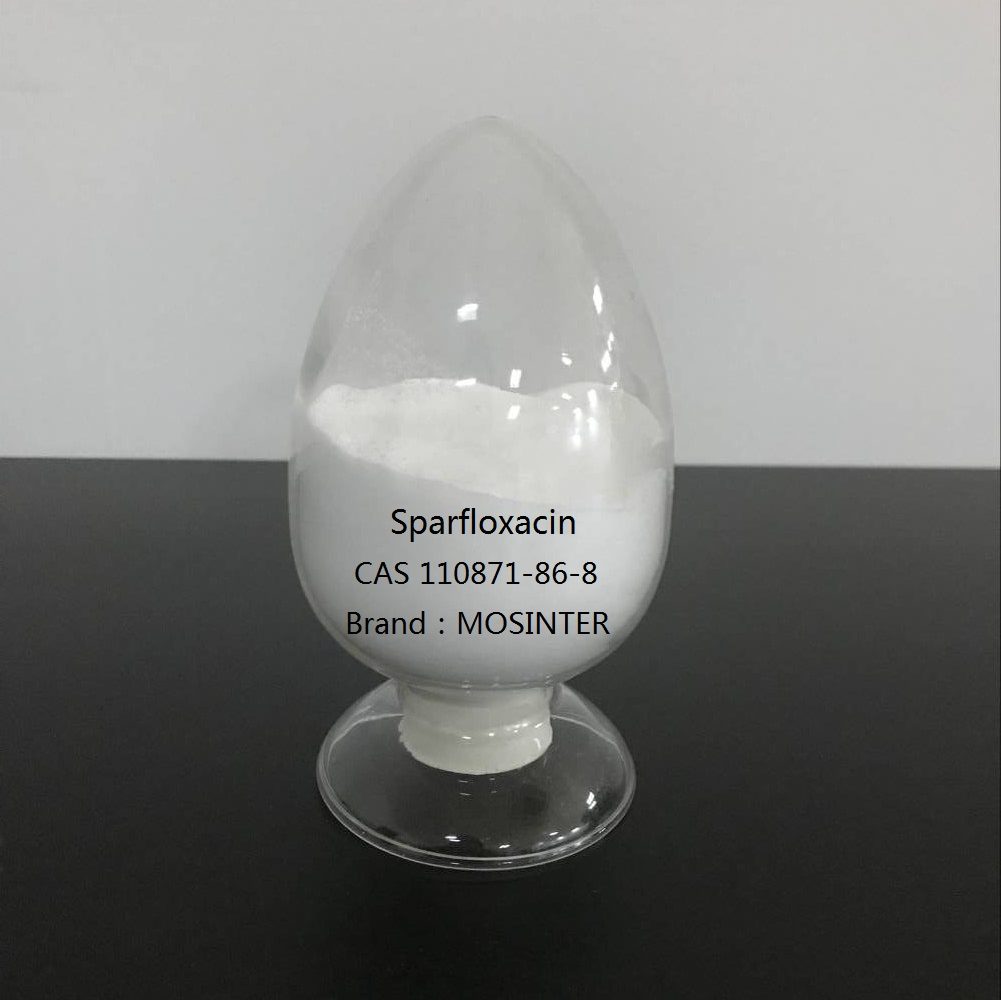
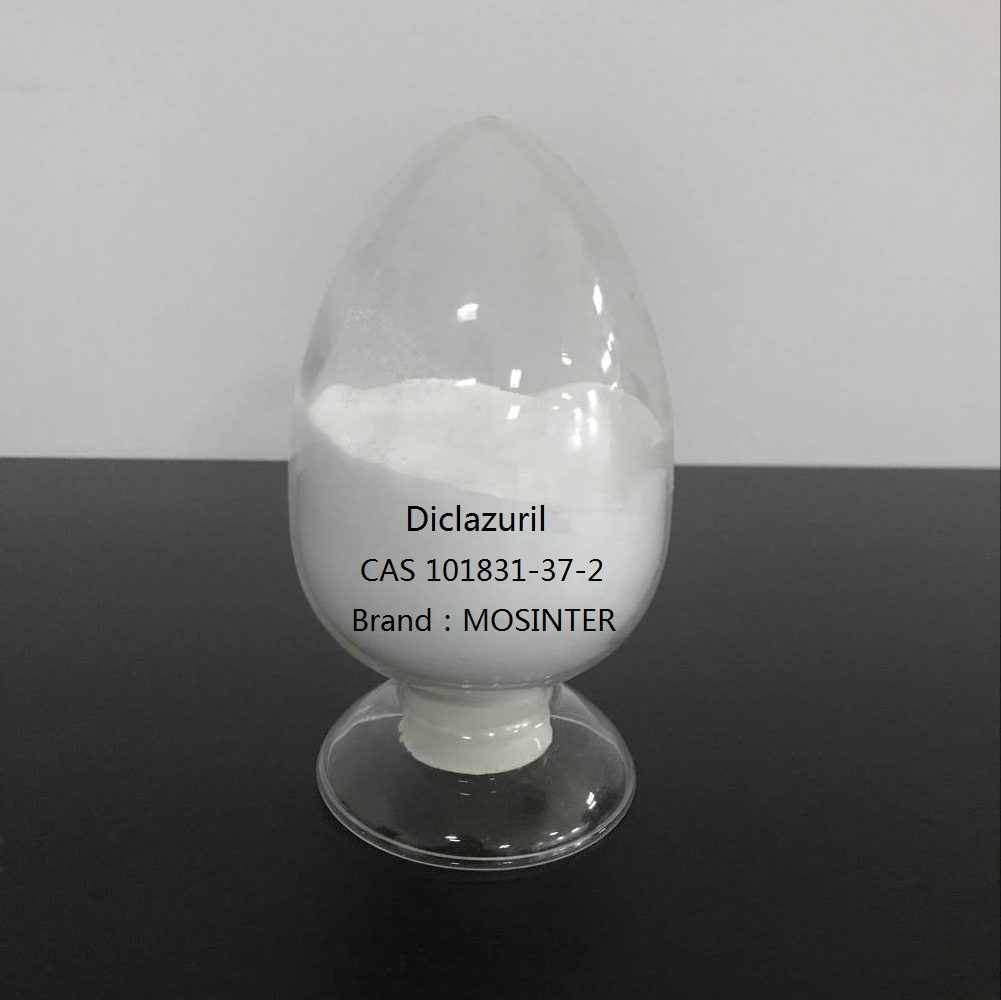
Reviews
There are no reviews yet.